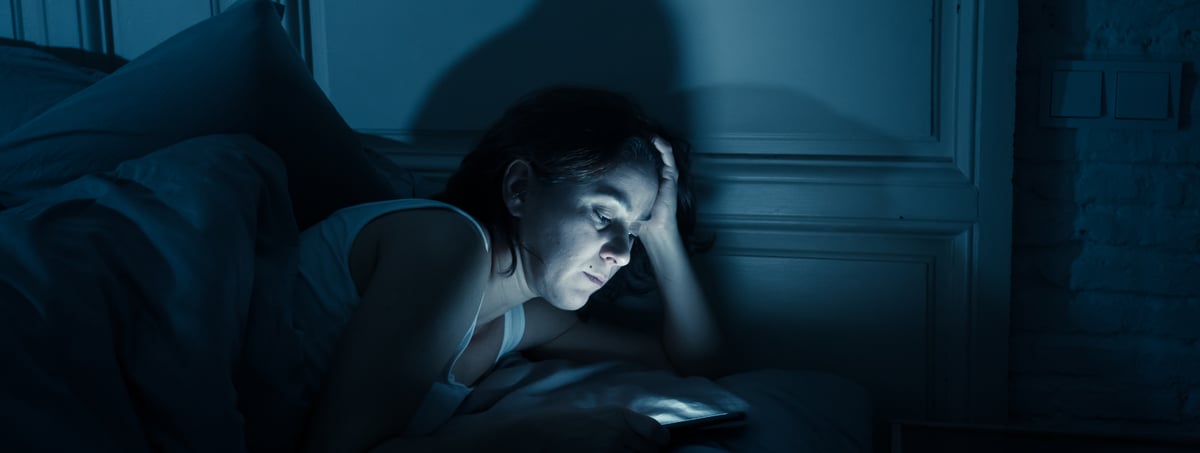It has been a long year so far and many of us are feeling fatigued and longing for a break. Now is a good time to tackle any sleep issues – and set up good habits to help us enhance our physical and mental wellbeing.
Altius Group Wellbeing Specialist, Sharon Richens, shares insights from our Employee Wellbeing Programs Module: Sleep Management and Fatigue, to help you with a deeper and more restful sleep.
Do You Know Why is Sleep so Important?
- Sleep is critical for good mental health
- Sleep impacts productivity, decision making and concentration
- Good sleep supports better nutrition choices
- Good sleep reduces the risk of chronic disease
- Poor sleep leads to irritability and fatigue
What is Sleep Hygiene?
Dr David Cunnington, a respected Sleep Physician thinks of sleep hygiene as showing respect for sleep. Unfortunately, in today’s world, sleep often comes second to our professional, social, academic and family needs. Rather than prizing sleep, we tend to undervalue it, swapping vital sleep hours for other demands.
We all know the impact of losing a few hours of sleep; waking up tired and irritable, having difficulty concentrating and staying alert, not feeling like exercise and generally not being in a positive mindset.
Regular and adequate good quality sleep is a foundation for optimal physical and mental wellbeing. Without sufficient quality sleep we’re more likely to experience: cognitive impairment, compromised immune systems, chronic stress, dementia, depression, diabetes, heart problems, increased likelihood of accidents, mood disorders, obesity, and stroke.
These sleep hygiene rules can improve the quality and duration of your sleep and enhance your overall health and happiness:
- Schedule time for sleep and establish a regular bedtime routine for going to bed and awakening, even on weekends. Most adults need around 8 hours of sleep a night. There are a fortunate few individuals who have a gene that allows them to cope with 6 hours sleep a night, your chance of being one of them is about the same as being struck by lightning!
- Avoid caffeinated products at least 4 hours before bedtime as it is a stimulant. Some individuals may be particularly sensitive to caffeine and may need to stop 12 hours prior to bedtime.
- Avoid nicotine (cigarettes, patches, chewing gum etc.) for at least an hour before bedtime as it is also a stimulant.
- Don’t drink alcohol before going to bed. Some believe alcohol helps them get to sleep, Whist this may be true, alcohol also disrupts normal sleep patterns which results in poor quality sleep.
- Don’t eat a large meal before bedtime. A snack may be beneficial, especially if it consists of food that helps promote sleep. These include such foods as avocado, bananas, nuts and yoghurt.
- Regular exercise is obviously beneficial to our health. However, try to avoid strenuous exercise for at least two hours before bedtime.
- Associate your bed with sleep and sex only. Avoid watching television in the bedroom.
- Evening Digital Detox: Keep all laptops, tablets and smartphones outside the bedroom, they are almost perfectly designed to disrupt sleep! Though reading the right book (the paper kind) can help promote sleep.
- Ensure that you have the right mattress, sheets and pillows to optimise your comfort.
- Keep your room at the right temperature for you - 16 to 22 degrees celsius is generally comfortable.
- Keep your bedroom calm, quiet and dark at night by closing windows, curtains or blinds.
Don’t be overly obsessed with obeying these sleep hygiene rules every night as this may increase anxiety which won’t benefit quality sleep. If you’re following the general principals of sleep hygiene but still can’t get good sleep then seek help.
If you’re getting 8 hours of sleep but are still awakening unrefreshed, then also seek help.
If you’d like to speak with our wellbeing specialist about tailoring a Workplace Wellbeing module to your workforce, please contact us, or visit Altius Group Employee Wellbeing Programs for further information.






